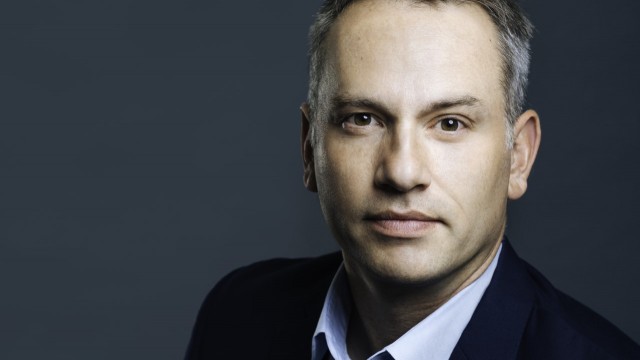President Joe Biden announced today, March 11, his intent to nominate Ben Harris, associate professor at Kellogg School of Management at Northwestern University, as assistant secretary for economic policy at the Treasury Department, the White House said in a statement.
Harris, who was chief economist to then Vice President Biden during the Obama administration, is seen as the “quiet architect” of Biden’s economic policy, the New York Times reported last November.
Regarding the intent, Harris called it, “The honor of a lifetime to be nominated to serve at Treasury; I'm beyond grateful for this opportunity.”
If confirmed by the Senate, Harris will support the Secretary of the Treasury and play an instrumental role in preparing the Biden administration’s budget.
At Northwestern, he is the executive director of public policy programming at the Kellogg School of Management. In 2018, Harris welcomed Biden to Kellogg, where the then-vice president delivered a passionate speech about the glaring economic inequalities in the United States.
Harris’ economic vision is marked by an emphasis on how policy should concretely improve lives. During his time in the Obama administration, he played a role in closing loopholes employers used to not pay their workers for overtime.
Harris’ economic vision is marked by an emphasis on how policy should concretely improve lives.
“Changing this regulation meant a better life for the 4 million workers directly affected by the change,” Harris told Northwestern Now in 2018.
As the COVID-19 pandemic gripped the nation in the spring of 2020, Harris joined the city of Chicago’s economic recovery taskforce, helping draft a study that identified how the local economy had changed and charted a path forward for a more inclusive growth out of the crisis.
He also was the senior economic advisor to Biden’s presidential campaign.
Harris has previously held research positions at several think tanks, including the Brookings Institution and the Urban Institute.
He holds a Ph.D. in economics from George Washington University; a master's degree in economics from Cornell University and a master's degree in quantitative methods from Columbia University. He earned his bachelor’s degree in economics at Tufts University.


